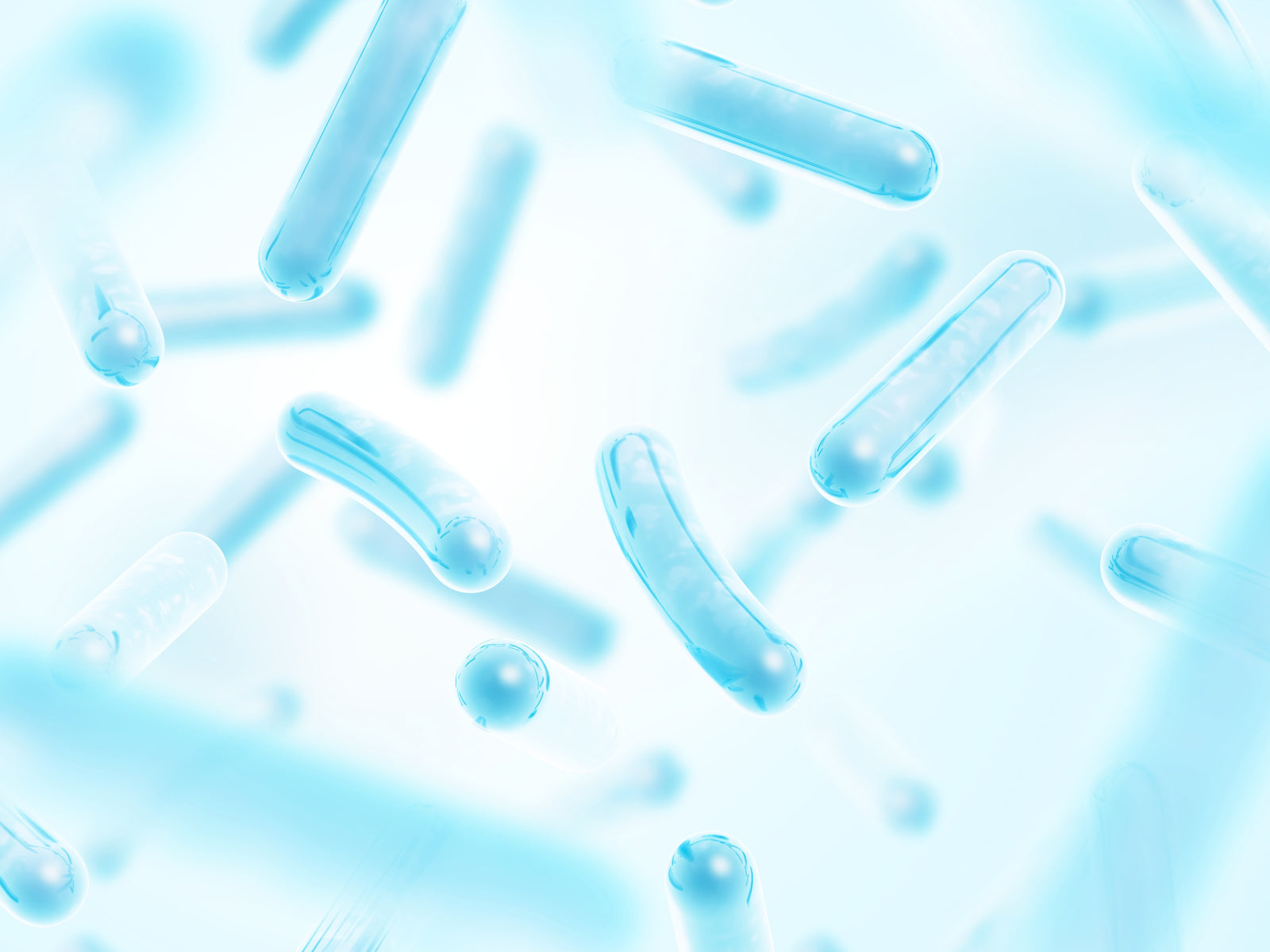How Do You Get Lactobacillus?

It might be a little uncomfortable to imagine but, our bodies are full of bacteria (“good” and “bad”) all serving an important function to aid in our overall health and well-being. Without a healthy balance of bacteria, our body would find it difficult to function correctly which could lead to many serious health issues. One of the most efficient ways to ensure the body's bacteria levels are as close to neutral as possible is to include probiotic supplements rich in Lactobacillus into your daily diet. Although, it is important to first understand what live Lactobacillus bio cultures can do for the body and how safe they actually are...
Does Lactobacillus mean UTI?
The chances of contracting UTI, Urinary tract infection, caused by Lactobacillus species are extremely uncommon and not very likely to happen to many people. Many scientific findings support the belief that Lactobacilli are part of the human flora and are typically considered non-pathogenic when urine samples have been tested. An organism that is described as non-pathogenic does not cause disease or harm to other living organisms; also a term commonly used to describe bacteria.
Does Lactobacillus cause infection?
Lactobacillus “good” bacteria is an organism that is rarely ever associated or linked with pathology when it comes to the risks it could possess to a person's health; can it cause an infection? This type of bacteria (lactobacillus) is not known to cause any infections to the body or pose any real risks so long as a person does not have any allergies or pre-existing health conditions that could cause an infection when Lactobacillus probiotics supplements are taken.
If someone does suffer from an underlying health condition, then it is not advised to take supplements with Lactobacillus bacteria, as discussed in a recent blog post. Even though the live bacteria itself (the probiotics) can pose no risk, if someone has underlying health issues then the probiotic may worsen someone's pre-existing symptoms or condition.
That is why it is always advised to seek professional medical advice from your GP or a pharmacist if you are taking any medication as your medication may be linked to an underlying health condition with your prescription being an advised method of treating those symptoms etc.
Is Lactobacillus a fungus or bacteria?
Lactobacillus is a form of good bacteria that is commonly found inside the gut, mouth and vagina. There are many natural sources of Lactobacillus that can be ingested to help rebalance vital bacteria, to prevent or treat a bacterial infection or imbalance.
Lactobacillus acidophilus (also known as L. acidophilus) can be found in probiotics as it’s a stable source of good bacteria that can help rebalance bad bacteria that could be causing stomach upset and discomfort. A bacterial imbalance can also cause a vaginal infection; like bacterial vaginosis or a yeast infection. That is why a controlled amount of Lactobacillus bacteria, in the form of a probiotic or from certain foods, can be beneficial and vital for our health.
Is Lactobacillus a harmful bacteria?
Our gut, mouth and intimate areas are all thriving locations for bacteria to manifest and spread; that is why it’s important to make sure the body is regularly given good bacteria to ensure an imbalance does not cause an infection. Lactobacillus is considered a ‘good’ bacteria due to its ability to help break down food, absorb essential nutrients and fight off ‘bad’ bacteria that could cause serious health issues to the body. Whilst we would typically believe that any bacteria, present in the body, is bad; bacteria are important for our digestive system as well as helping us create our internal barrier to neutralise toxins that can very easily enter the body. Lactobacillus is considered a ‘friendly’ bacteria that can live in the body without causing any disease or significant issues to our health; whilst at the same time working to ensure ‘bad’ bacteria does not get off balance and lead to health issues.
However, it is important to make sure that if your source of Lactobacillus is from probiotics you continue to follow the serving suggestions laid out on the probiotic packaging even if too much does not cause any known health risks. It is still advised to only take the recommended about of probiotics supplements each day as you will, very likely, already be refuelling the body with additional sources of lactobacillus bacteria through the foods you eat.
What foods contain Lactobacillus bacteria?
You can expect fermented food and drinks to be naturally rich in lactobacillus bacteria as well as many diary-rich foods to also be a source of “good” bacteria. Here is a list of some popular foods that you may already be consuming daily that contain different strains of Lactobacillus bacteria:
- Yoghurts - known to contain L.bulgaricus which is known to have many health benefits.
- Sourdough Bread - Lactobacilli are the most important group of fermented bacteria.
- Sauerkraut - Helps enhance our digestive system by optimizing gut flora and microbiome.
These are just a couple of foods that are typically found in an average diet, that are all known to be highly beneficial sources of vital “good” bacteria (types of lactobacillus bacteria strains). Although, if you are interested in taking Lactobacillus probiotics along with your current diet, then it is very safe to do so; as you cannot have too many “good” bacteria in the body. We do recommend that you only take the recommended daily amount of probiotic supplements so to avoid any rare occasions of stomach upset or bloating.
Don't forget if you still have more questions, you can bookmark our Health Insiders Blog to keep up to date with our regular posts answering more of your questions on all things Probiotics, Collagen and general health and wellbeing. You can also connect with us via social media, where our experts are on hand to help with any personal questions or requests; to do so you can DM our team of experts on our Instagram.















